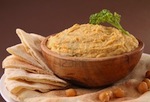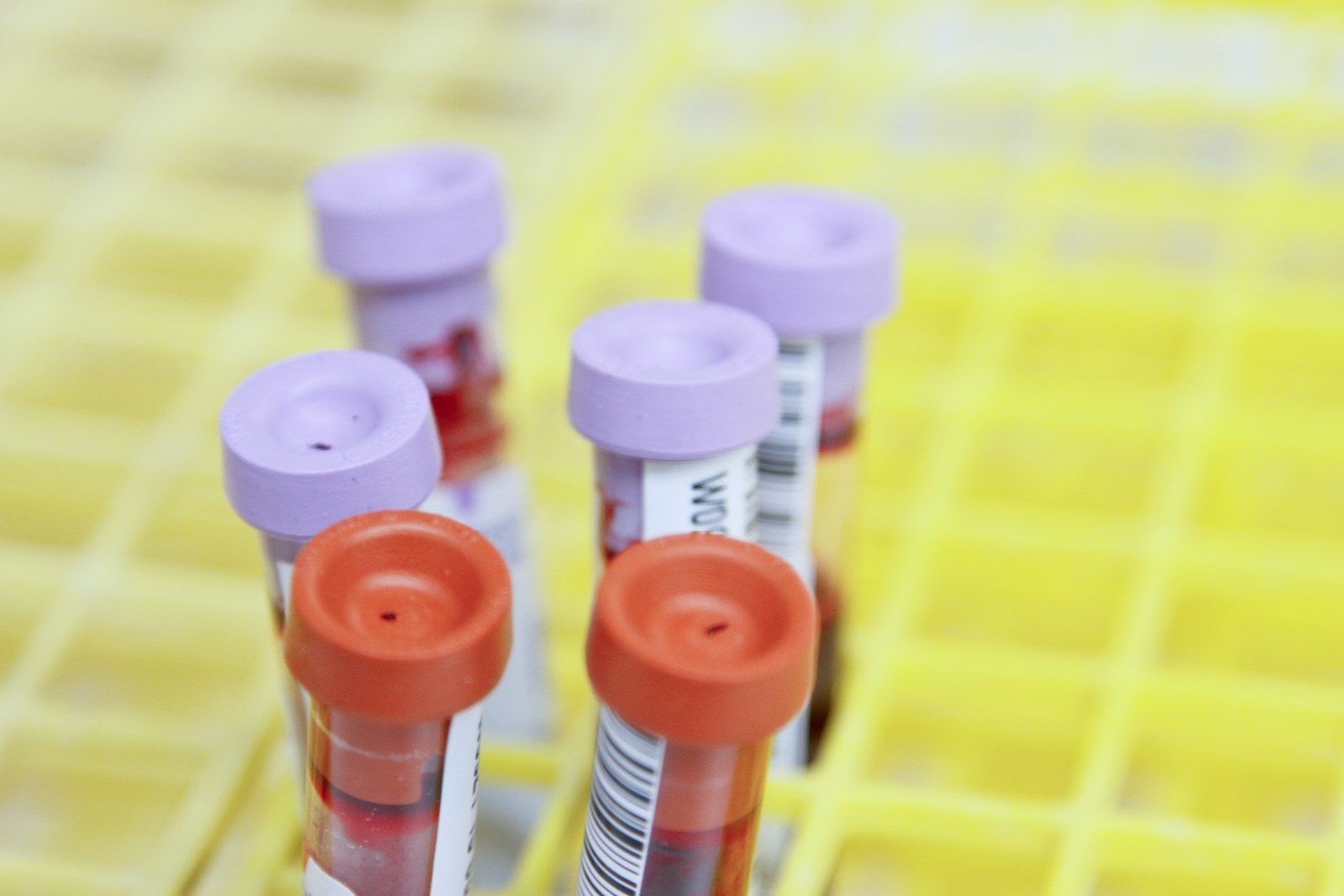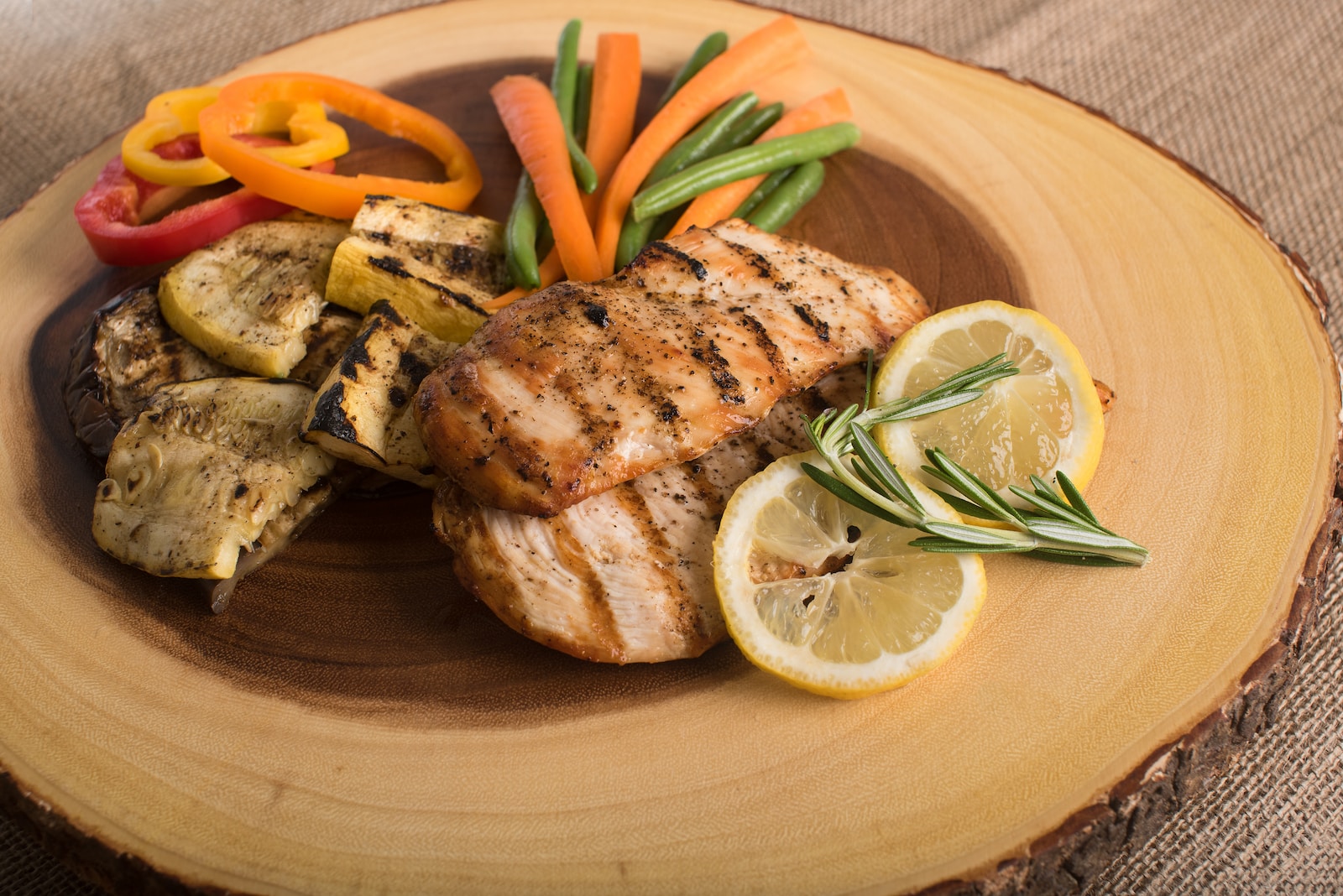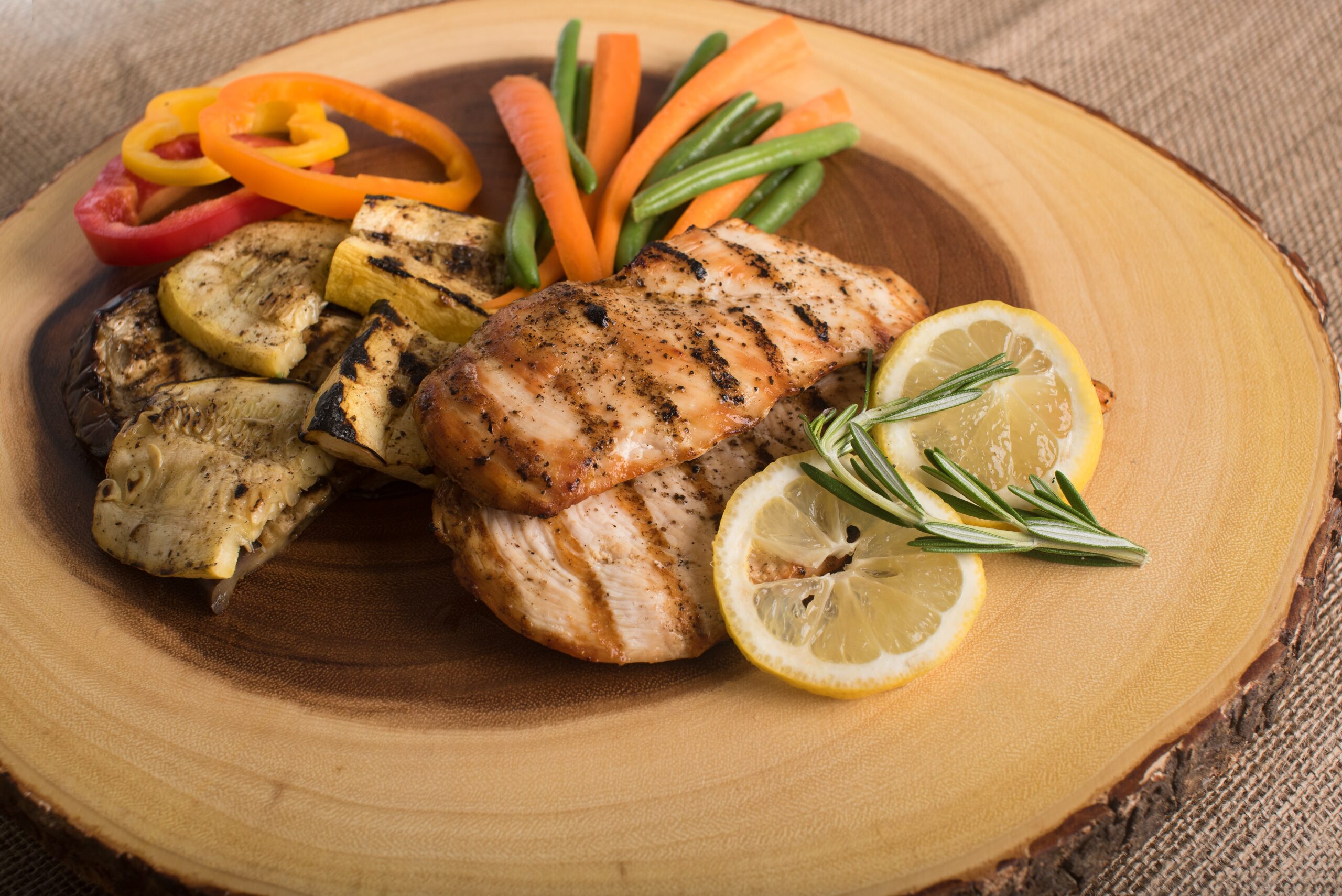The Importance of Nutrient Timing for Performance and Body Composition

When you eat is as important as what you eat. Timing your meals and snacks is crucial to maximizing your training performace and optimizing body composition. Here are some tips on nutrient timing.
Nutrient Timing Tips
Tip #1 Eat Breakfast
Your mother was right – Breakfast really is the most important meal of the day. Not only does it give you energy to start a new day, but breakfast is linked to many health benefits, including weight control and improved performance. Research shows that eating a healthy breakfast can reduce hunger throughout the day, and breakfast eaters tend to make healthier food choices at other meals. While it might seem you could save calories by skipping breakfast, this is not an effective strategy. Typically, hunger gets the best of breakfast-skippers, and they have increased cravings throughout the day. *Most studies linking breakfast to weight control consisted of a healthy meal containing a lean protein, fruit and whole grain, not meals loaded with sugar and fat. Protein increases satiety and keeps you feeling full longer.
 Tip #2 Eat Often
Tip #2 Eat Often
It is better to eat three smaller meals and 2-3 snacks throughout the day than two to three larger meals for a couple of reasons. First, by eating every 3 hours you maintain stable blood sugars therefore curbing cravings and afternoon slumps. Second, the body stores more calories as fat when large meals are consumed infrequently, every 5-6 hours or so. It is important to note: always have a mix of macronutrients in each eating to stabilize blood sugars. Example: A carbohydrate with lean protein and healthy fats.
Tip #3 Eat Before Exercise
Athletes perform better and maximize their efforts when the muscles and liver have been well stocked with glycogen (stored carbohydrate in the muscle) and when blood glucose level is in the normal range. By eating a meal or snack prior to the start of your exercise consisting of high carbohydrate, moderate protein and low fiber you top off your energy stores and start with a full tank. The size of the pre-workout snack/meal will depend on the timing of the exercise. The rule of thumb is 3-4 hours before: 1.0-1.5g CHO/lb., 2 hours before: 0.5-1.0gCHO/lb., 1 hour before: 0.5gCHO/lb.
Tip #4 Eat During Exercise
In workouts that last longer than one hour, performance is optimized when carbohydrate is consumed either via a sports drink or sports supplements. Commonly believed that calories taken in during exercise increase total daily calorie intake but this is not the case. Studies have shown that when athletes consume carbohydrate during exercise, they eat less during the day.
Another reason athletes restrict carbohydrate intake during workouts is to burn more fat. It is true that you will burn more fat if you restrict carbohydrate intake during the workout but, you will perform better when fueled properly – and achieving maximum performance will have a greater effect on body composition in the long run.
 Tip #5 Recovery Nutrition
Tip #5 Recovery Nutrition
Once you complete a workout you have a 30-60 minute window to optimize glycogen replenishment and repair muscle tissue damaged by the workout. By taking advantage of this metabolic recovery window you recover faster, perform better in the next workout, enhance muscle building, aid in replacing fluids lost in sweat, and optimize fat burning effects from your training. The rule of thumb is 0.5g CHO/kg body weight within 30 minutes with a total of 1.5g/kg body weight within 2 hours. Protein intake should equal at least 10 grams within 30 minutes and another 10 grams within 2 hours post exercise.
For athletes with who want to maximize fueling, try a consultation with a Board Certified Specialist in Sports Dietetics for personalized nutrient timing guidelines to fit your life and dietary preferences.

 Tip #2 Eat Often
Tip #2 Eat Often







